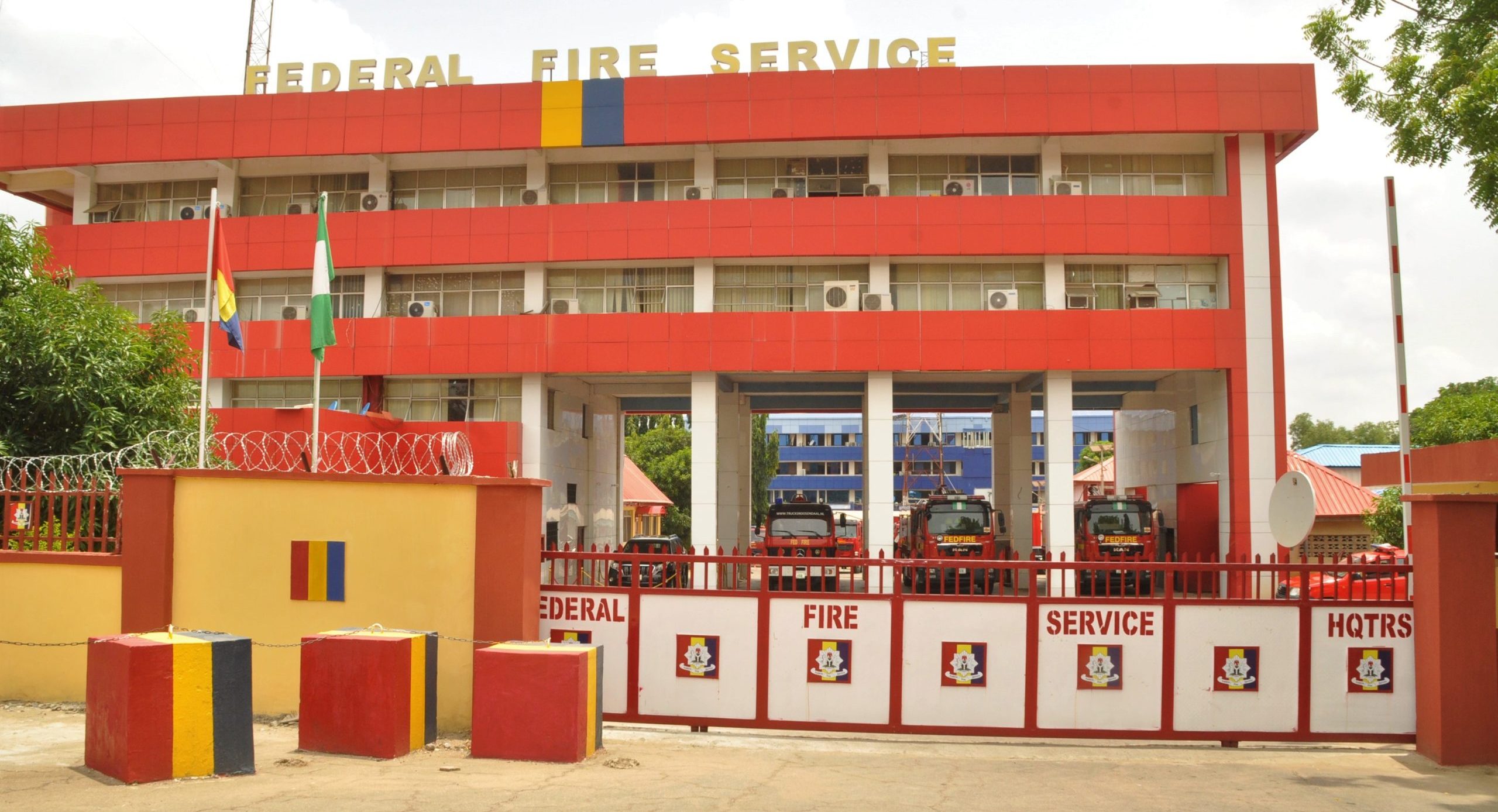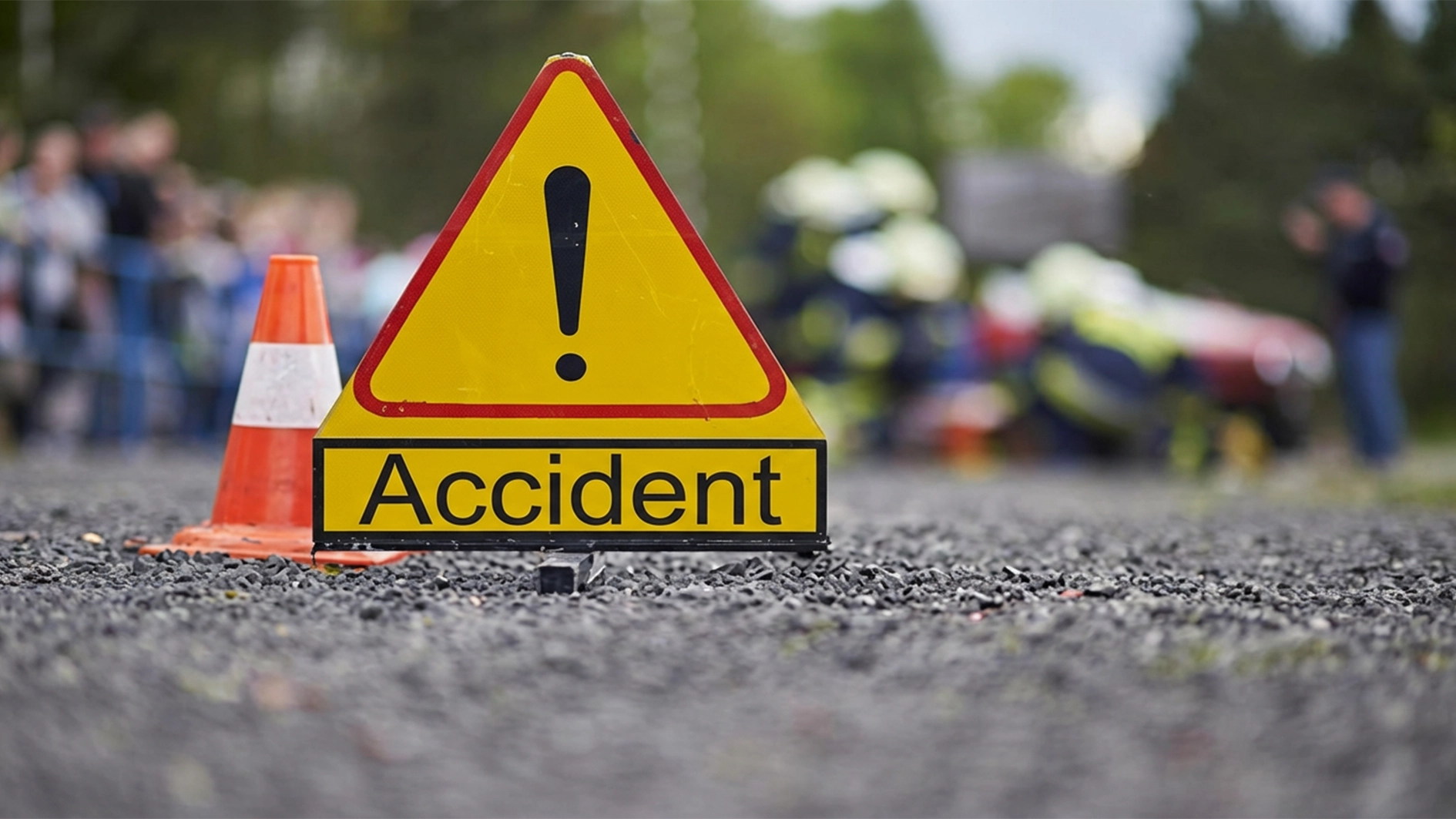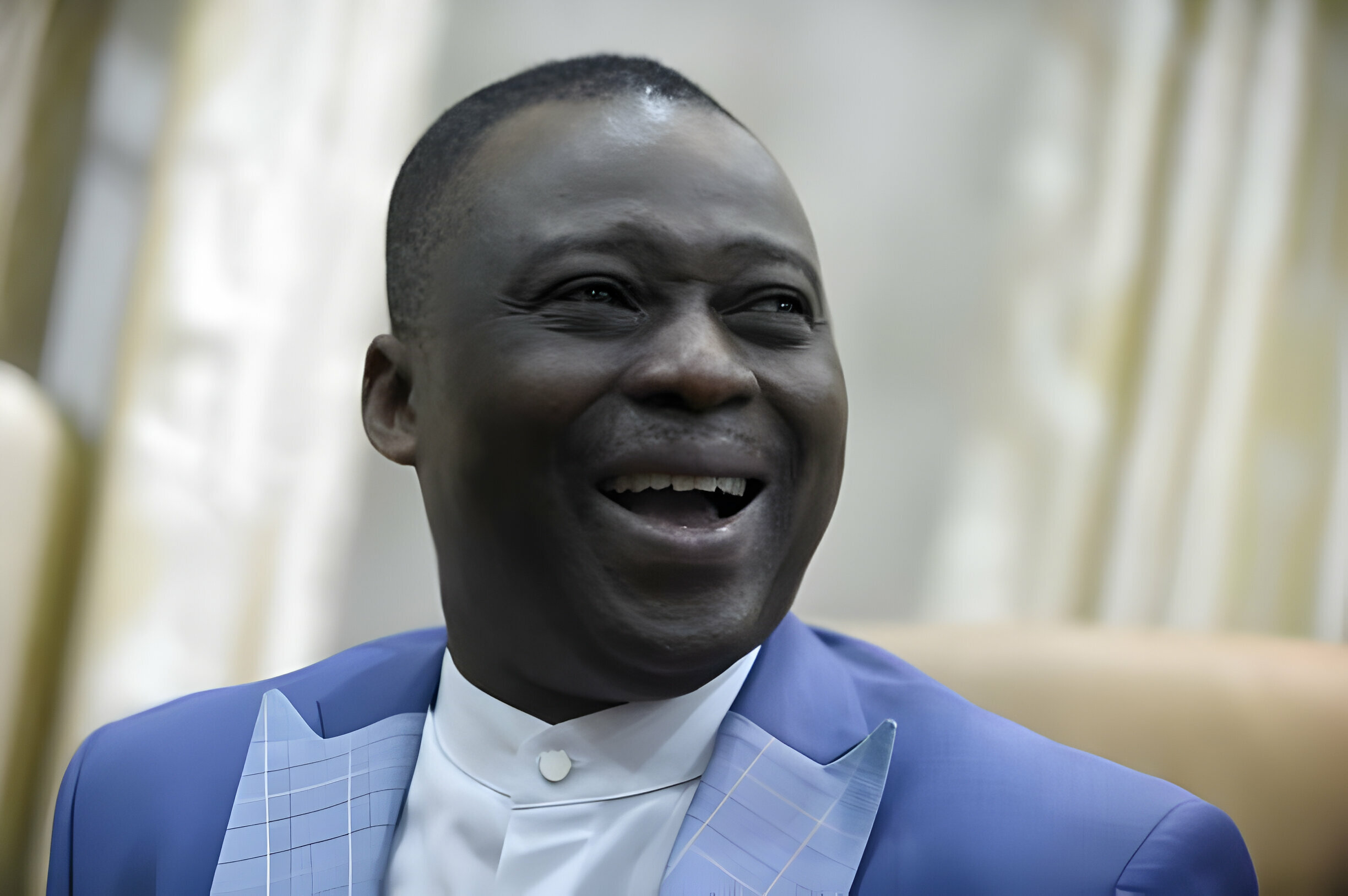• Over 127,000 lawyers on roll call; many in active advocacy, litigation
• Pro bono services inefficient despite NBA setting up human rights c’ttee
• Prison rights NGOs lose steam
Owing to a lack of regular visits to correctional centres to assess the circumstances of the detention of indigent citizens awaiting trial by the industry-specific non-governmental organisations, the Nigerian Bar Association (NBA) and the judiciary, the number of pre-trial inmates in the correctional centres across the federation has continued to balloon.
Out of 81,000 total inmates in Nigerian Correctional facilities, 53,460 persons are awaiting trial. Over the years, non-governmental organisations focusing on prisoners’ rights habitually visit correctional centres to ascertain the facts of the cases of those awaiting trial and assist in their liberty.
But those are not happening again as they used to be, resulting in continuous overcrowding of correctional facilities and the entrenchment of injustice on the most vulnerable citizens.
According to legal experts, various factors such as lack of funding from international donor agencies, death of promoters of these organisations, logistics challenges and general apathy are responsible for this decline.
Even the judiciary, mandated by Section 34 of the Administration of Criminal Justice Act (ACJA) 2015 to visit detention facilities every month to ensure that the rights of detainees are upheld and to assess whether the conditions of detention facilities are not living up to expectations.
The regular visits are intended to promote accountability and transparency within the criminal justice system. Earlier in the month, the Federal Government called on well-meaning members of the public and philanthropic groups to support government efforts in decongesting correctional facilities across the country through the option of fine payment.
Deputy Controller General of Corrections (DCG), Ibrahim Idris, made the call during a public hearing by the Independent Investigative Panel on the alleged Corruption, Abuse of Power, Torture, Cruel, Inhumane Treatment against the Nigerian Correctional Service (NCoS), yesterday in Abuja. He said that “Last year, a total of 28,149 inmates were released from Nigerian prisons after their fines and compensations were paid.
“Paying fines and compensation for inmates is a charitable act that significantly helps decongest correctional facilities.Idris urged individuals and organisations to follow proper procedures, citing a case where a minister not only paid the fines but also provided repatriation money for the released inmates.
He highlighted that fewer inmates in custody allows for better rehabilitation because of the prevailing belief that imprisonment is a punishment, but not rehabilitation.
The Executive Director, Prisoners’ Rehabilitation and Welfare Action (PRAWA) Dr Uju Agomoh pointed out that the panel noted that the Minister of Interior, Dr. Olubunmi Tunji-Ojo, had provided support in December 2023 that benefited 4,086 inmates, paying N585,000 to cover fines and compensation.
The panel is now requesting a comprehensive list of all inmates who have been unable to pay their fines and are serving time instead. A Notary Public, Vice Chairman, & Chairman Human Rights Committee of the NBA Ikorodu Branch, Olajide Abiodun, noted that NGOs like Prisoners Rehabilitation and Welfare Action (PRAWA), Legal Defence and Assistance Project (LEDAP), Access to Justice, and others were visible in prison rights work in the past, but regretted that their footprints have waned recently.
According to him, a large portion of their prison intervention projects relied on international donor support.
“Global donor priorities have shifted in recent years towards issues like migration, climate change, and gender-based violence, leaving criminal justice reform underfunded.
“Also, some NGOs have lost steam due to changes in leadership or internal structural decline, affecting continuity.
“This means that the vacuum is being felt more now than before. Without consistent NGO engagement, the burden falls almost entirely on the NBA and the Legal Aid Council,” he declared.
On the role of the NBA, he stated that the Association, through its Human Rights Committee (both at the national and branch levels), has been actively engaged in decongesting custodial centres. Regular prison visits, he said, are organised to review the cases of Awaiting Trial Persons (ATPs).
“Where bail has been granted but inmates are unable to perfect conditions (sometimes as low as N10,000–N30,000), NBA members intervene either by negotiating variations of bail conditions or helping perfect them.
“Also, the NBA has pushed for duty-solicitor schemes and frontloading of pro bono services through Legal Aid Council collaboration. However, the impact is still uneven across branches, largely because of resource constraints and lack of uniform commitment,” Abiodun said. He admitted that the Rules of Professional Conduct (RPC) encourage lawyers to render pro bono services, adding that the NBA has institutionalised this through its Pro Bono Declaration Scheme.
However, the challenge, he said, remains enforcement and sustainability.
“Many lawyers are willing, but the volume of indigent inmates is overwhelming compared to the capacity of the profession. A more structured, rotational scheme, properly tracked, would produce greater impact,” he said.
To address this challenge, he urged the strengthening of collaboration between the NBA, Legal Aid Council, NGOs, and religious/charitable organisations, institutionalising a Bail Support Fund at branch levels to assist indigent inmates with minor bail sums and a monitoring and reporting system to ensure pro bono commitments are not just on paper but actually undertaken.
Former member of the NBA Criminal Justice Reform Committee, Emeka Nwadioke, who decried the spectre of awaiting trial detainees in the country, described it as “totally unacceptable.”
According to him, there is no better barometer to underpin a highly dysfunctional criminal justice system. Many stakeholders, he said, are liable for this malaise, notwithstanding efforts by some to ameliorate the problem.
“As a former chairman of the NBA Lagos Branch Police Duty Solicitor Scheme (PDSS), I am aware that the NBA has a framework that offers pro bono services both to detainees in Police formations and those in correctional centres.
“There may be a need to ensure that all NBA branches embed that framework in their human rights regime without some financial cushion.
“Funding is also a major challenge. Most of the lawyers who engage in PDSS programmes are usually young lawyers. It is therefore unrealistic to expect them to perform optimally. I am, however, aware that some senior lawyers and law firms support the PDSS programme financially, though more needs to be done.
“There are still some CSOs who are operating in that awaiting trial space. This is in addition to the Legal Aid Council, which has the statutory role to offer legal assistance to such detainees. But it is clear from the above figures that they are bound to be overwhelmed.
“This is aside from shrinking funding from donors and perennial poor funding of the Legal Aid Council by the Federal Government,” he pointed out. Nwadioke blamed the Police as clearly the worst contributor to the overhang in the correctional centres, saying that indiscriminate arrests, occasionally fueled by the desire to extort suspects, often compound the malaise.
The judiciary, he said, can also do better through case management by ensuring that bail terms are not unduly onerous.
“The bail management system should also undergo serious reform to ensure that professional sureties take more detainees on bail.
“Given that corrections are now on the Concurrent Legislative List, state governments are now empowered to build correctional centres to cater for state offences. They should get on with this task immediately.
“The high incidence of awaiting trial detainees distorts the entire correctional system, as the convicts are unable to receive adequate care. This must be addressed urgently,” he suggested.
Former chairman of the NBA, Ikorodu branch, Mr Adebayo Akinlade, also blamed the Police for not doing their job very well.
According to him, there is no correlation, no data, no information between the arrest procedure, detention, arraignment, and custodial leg of the whole process of administration of the criminal justice system.
“So, when the Administration of Criminal Justice Law requires the police to give a report to the magistrates of how many people were arrested and detained, we found out that the police are not doing their job at all; there’s no record! So, there’s a disconnect between that arrest and the arraignment process.
“Now, at the level of the magistrate where the arraignment is done, there is also a small disconnect between the investigation and the information or the charge that is brought before a magistrate’s court.
“So you find a situation where a lot of charges are bogus or charges that will tie the hands of the magistrate in such a way that the magistrate may not have jurisdiction to try that case. You have a situation that if the magistrate cannot try that case, the magistrate has to remand the person for 30 days.
“Therefore, congestion in the correctional facility starts with that. When a magistrate gives a bail condition, there’s the likelihood that the bail condition cannot be perfected at a reasonable time, which means that the detainee has to be in a prison facility,” stated.
He advised that the judiciary, which has the powers to grant bail, must exercise that power very well and also grant bail with reasonable conditions.
He regretted that some bail conditions are overreaching and are punitive in nature, adding that when the bail conditions are reasonable, the person will have no ability to perfect the bail.
“One example is the policy of the Lagos state government and judiciary requiring a surety to produce a tax clearance certificate before he can stand to bail someone, or the condition that requires a senior civil servant to stand as surety.
“Those policies in themselves are counterproductive and further cause congestion in correctional facilities,” he argued. Akinlade also agreed that the lack of international funding has hobbled the activities of NGOs in recent times.
“Unfortunately, many of our NGOs in Nigeria depend heavily on international support and they haven’t learned how to trigger local funding through CSRs and through community-based donations. So, unfortunately, we also have one-man NGOs.
“We do not have multi-level corporate-structured NGOs in Nigeria. So, we’re always in a situation where once the visionary gets tired, the whole concept just disappears,” said, adding that only a few can survive their founders’ vision and these NGOs prioritise top-level national and international interventions. He noted that although the NBA is trying its best, some of the vice chairmen of the NBA branches who are saddled with the responsibility of chairing the human rights committees are sadly unfit for the assignment.
The NBA’s 2nd vice president of the NBA in charge of human rights, Sabastine Anyia, asserted that the NBA has remained the conscience of the country, adding that if the Association were not there to speak out, Nigeria would have since sank.
“We’ve seen so many things go wrong. We speak out. We fight for the rights of the privileged. We defend the defenseless. We speak for the people for human rights.
“We’ve been doing everything to bring peace and support to society. If you visit prisons today, you’ll appreciate lawyers more. The NBA has embarked on a series of programmes through the Pro Bono Services, Human Rights Committee, and many other aspects of NBA programmes.
“Sometimes we pay fines for people who are in prison. The fine could be as small as N2,500, N5,000, N10,000, or N20,000,” he stated. He lamented that some people are sent to correctional facilities without passing through due process, adding that stories of how they get there are shocking.
According to him, some of them were never arraigned in court. He added that they moved from the Police to the Correctional facilities. He said: “It’s surprising, but that’s the truth. These are the things the NBA is fighting against, fighting to see that the right things are done to all Nigerians, not minding their tribe or religion.”He cautioned that Magistrates have not helped matters, as some of them take delight in sending people to correctional centres as a way of punishment. He suggested that judicial officers must undergo new training to develop new attitudes about remands.
The Executive Director & Founder, Public Awareness on Rights and Rehabilitation of Vulnerable Persons Initiative, Mrs Ogechi Ogu, said the biggest challenge the Nigerian Criminal Justice System is facing is the delay in dispensation of criminal justice.
This challenge, she said, has other implications manifesting in the high number of persons awaiting trial and the complications of congestion of Correctional Centres in the country.
“The most concerning human rights implications of this are the fact that a high percentage of the inmates in custody are indigent. When it comes to the issue of access to Justice, people in the lower economic and social strata of the society are most affected.
“They are disadvantaged because often, both the criminal laws and the processes and procedures of their implementation affect them disproportionately.
“This calls to mind the extent to which the principles of equality, fairness and non-discrimination are applied in the administration of criminal justice in the country,” she stated.
Ogu lamented that most of those in custody are unable to pay for legal representation and the number of lawyers with the Legal Aid Counsel of Nigeria are grossly inadequate to provide legal service to these huge numbers of indigent inmates pro bono.
“Consequent upon the above, the attention of the NBA is called to their responsibility to provide legal support in the interest of public good. As part of their professional responsibilities, lawyers are expected ordinarily to provide pro bono services individually.
“However, as a body, the NBA has the Human Rights Committee of every branch headed by the Vice Chairman of these branches, saddled with the responsibility of ensuring that issues of human rights are addressed in their jurisdictions, especially in terms of the provision of legal representation to indigent persons.
“It is therefore expected that the NBA strengthens the mechanisms for legal representation for indigent inmates to function in a more organised way so as to bring a greater number of lawyers to participate,” she suggested.
NBA President, Afam Osigwe (SAN), during his inaugural speech last year, set up a Human Rights Committee, comprising Nuhu Egya (Chairman), Malachy Ugwummadu (Alternate Chair), Inibehe Effiong, Deji Adeyanju and Maxwell Opara as members.
The committee, he stated, will undertake a monthly inspection of police stations and other detention facilities across the country. He said: “It is believed that thousands of citizens are suffering in unlawful custody in many detention facilities/centres in all the States of the Federation.
“The Association no doubt has a crucial role to play in monitoring and ensuring that the requisite authorities carry out their statutory duties of inspecting Police Stations and other detention facilities in the various States of Nigeria and the FCT.
“It shall also direct the Human Rights Committee of each branch of the NBA to accompany Chief Magistrates and Judges to conduct monthly inspections of all Police Stations and other detention facilities in Nigeria, in accordance with the provisions of the Administration of Criminal Justice Act/Law.
“It shall also encourage citizens to participate in the monitoring and inspections of Police Stations and other detention facilities by Magistrates and Judges and to report through the Human Rights Committee of Branches.”
In addition, he announced the establishment of a Citizens’ Liberties Committee (CLC). The Committee, he said, shall collaborate with the NBA branches to liaise with the Chief Judges of the States and the FCT to ensure that all Police stations and other detention facilities in each State of the Federation and the FCT are visited and inspected by Magistrates and Judges once a month, in accordance with the provisions of the Administration of Criminal Justice Act/Law.
However, all these are more pronounced on paper than in reality.






